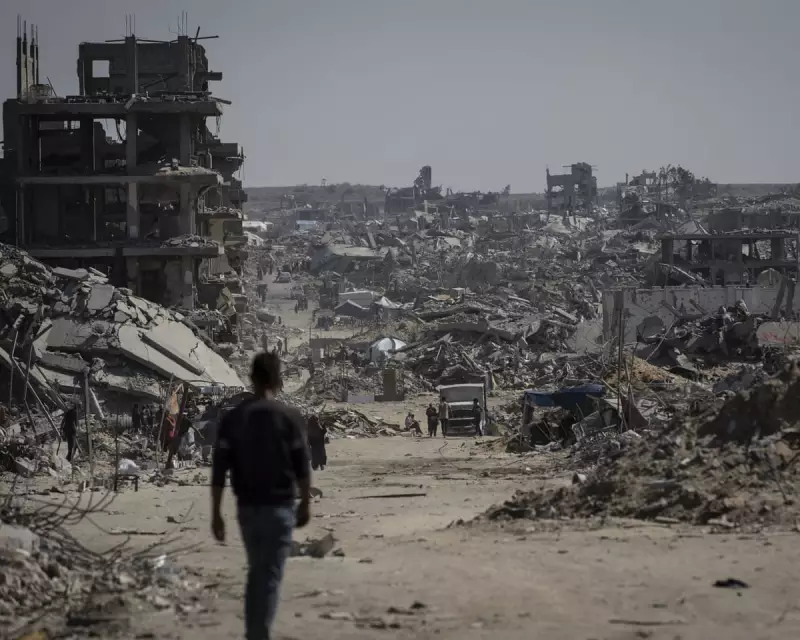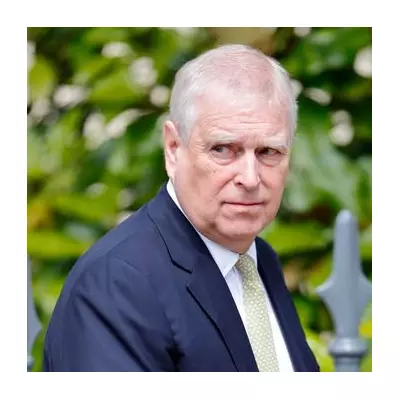
Hope and tension are mounting simultaneously as Israel and Hamas engage in what officials are calling the most serious ceasefire negotiations in recent weeks. The potential deal, mediated through Egyptian and Qatari intermediaries, could see a temporary halt to hostilities in exchange for the release of Israeli hostages held in Gaza.
Netanyahu's Political Tightrope
Israeli Prime Minister Benjamin Netanyahu finds himself walking a political tightrope, facing immense pressure from both international allies and growing domestic protests. "The families of hostages are no longer willing to wait quietly," reports indicate from Tel Aviv, where nightly demonstrations have intensified outside the Defence Ministry.
Key Demands on the Table
- Immediate release of civilian hostages, particularly women and elderly
- Humanitarian aid access to Gaza's most affected areas
- Duration of ceasefire period remains contentious point
- Potential prisoner exchange discussions
International Pressure Intensifies
Western powers, including the United Kingdom and United States, have significantly increased their diplomatic efforts behind the scenes. The urgency stems from both humanitarian concerns and regional stability fears as the conflict threatens to spill over into neighbouring territories.
The coming 48 hours are seen as critical by analysts, with both sides indicating potential flexibility in their positions. However, previous negotiation attempts have collapsed at the last minute, leaving many cautiously optimistic at best.
What Success Would Mean
- Temporary relief for Gaza's civilian population
- Return of hostages to their families
- Potential opening for longer-term diplomatic solutions
- Reduction in regional tensions
As night falls in the region, all eyes remain on the negotiation rooms in Cairo and Doha, where the fate of thousands hangs in the balance.





